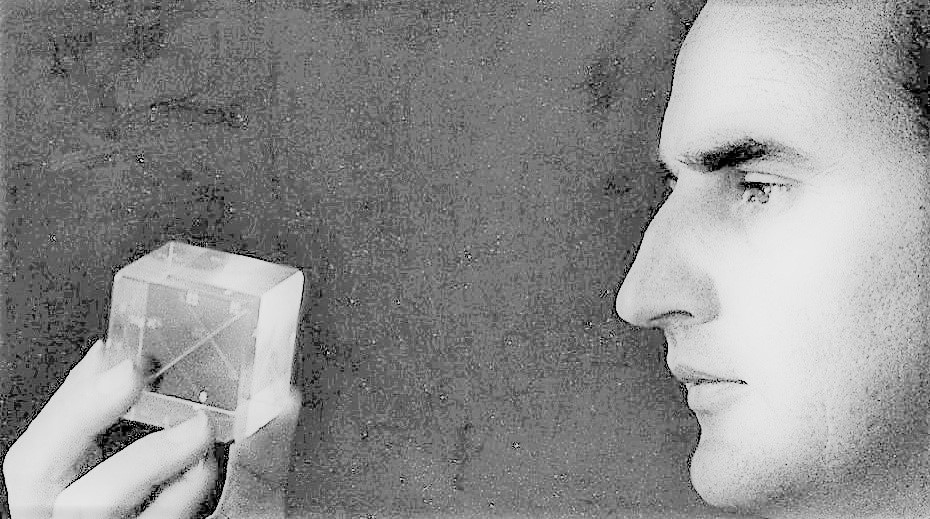
The philosophical concept
Categorical Analysis
The question of the meaning of life is the most urgent of all questions. It is the philosophical question that concerns everyone. The answer we give to it springs from the conviction we acquire and need as an inner compass. (Max Lüscher)
A pronounced interest in psychodiagnostics characterized Max Lusher even as a 16-year-old schoolboy. Due to his studies in physiognomics, he received special permission to attend lectures at the University of Basel. His scientific path led him via Ludwig Klages' science of expression to the anthropology of Paul Häberlin, whose lectures fascinated him as a student of philosophy and psychology. In addition, he studied applied psychology as well as clinical psychiatry with John E. Staehelin, which was also possible for a nonmedical doctor at the time. Besides Paul Häberlin, it was the philosophers Hermann Schmalenbach, Max Scheler and Hans Kunz who had a significant influence on his scientific development. Through them, he became familiar with phenomenology.
Max Lusher dealt in detail with Häberlin's philosophy, in whose functional
ontology he saw the foundation stone of a functional psychology.
According to Häberlin, philosophical anthropology can only answer the
question of the essence of man if it is grounded in ontology and not in
empiricism. In this respect, he takes a contrary position to his
lifelong friend and psychiatrist Ludwig Binswanger, the founder of
Daseinsanalyse. Häberlin criticizes Binswanger's draft of a
phenomenological anthropology for confusing “being” and “self-image”.
Binswanger thus took the step towards a purely empirical psychology that
exhausts itself in the “interpretation of phenomenal contents”.
According to Häberlin, this is based on the assumption: “Man is as he
appears to himself” (self-image).
Instead
of investigating what everyone feels, anthropology should first try to
understand the being for whom such sensations are possible. This is the
only way to avoid an anthropomorphic infection of phenomenology. Max Lusher takes up this formidable problem. He did not claim to develop an entirely new philosophical-psychological theorem. He saw himself as a
systematist.
Categorical Psycho-Logic
Starting from Häberlin, he developed a phenomenological anthropology whose basic categories are derived from the basic logical function of the subject-object relation. In this way, he fulfils his teacher's demand that anthropological psychology should not be founded empirically. Lusher goes one step further by also deriving the phenomenal contents (Categorial Psycho-Logic). The Lusher cube, the model of psychic functions, represents the unity of functions in their interdependence. The relationality of all functions also makes it possible to represent the self-regulation of the psyche. In relation to the functional model, the Lusher cube, this means: All modes of experience and behavior can be categorically developed with the help of the Lusher cube.
Literature:
- Max Lüscher (1949), Die Farbe als psychologisches Untersuchungsmittel. Dissertation. Universität Basel;
- ders.: 1955, Psychologie und Psychotherapie als Kultur. Auszug aus der Habilitationsschrift, In: Willy Canziani (Hg.): Psychologia-Jahrbuch 1955. Zürich: Rascher-Verlag, S. 172-214.
Home I Imprint I Data protection I Copyright I Terms of use I GTCs I
